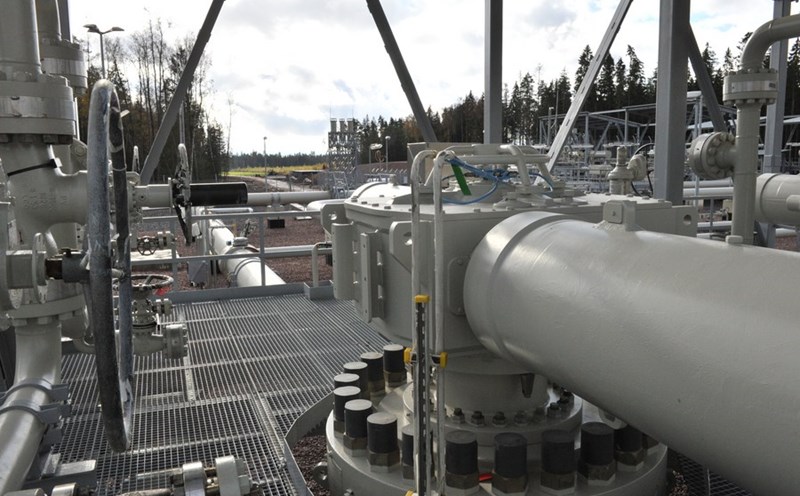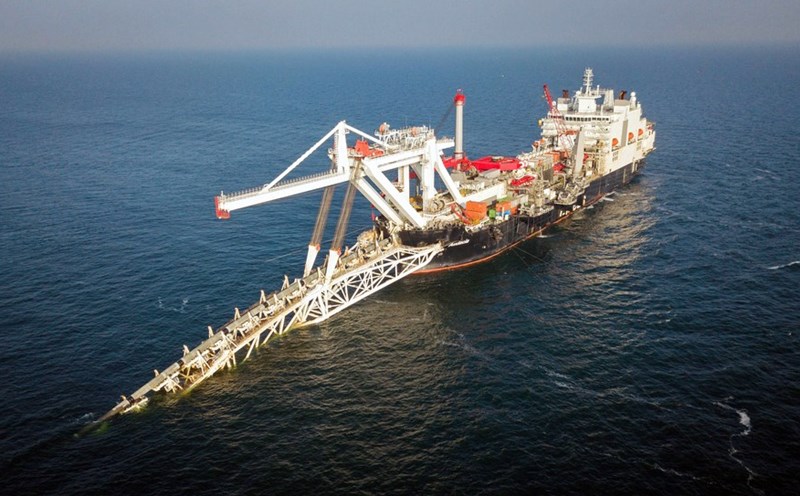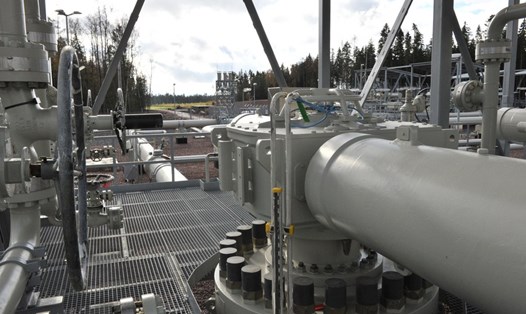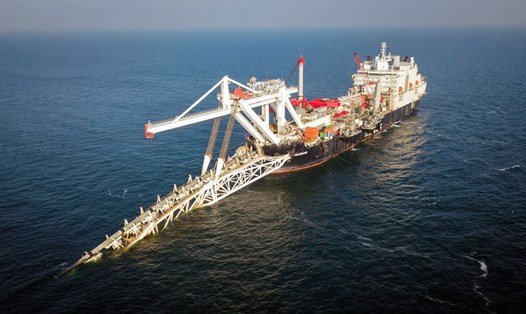The White House is considering the possibility of lifting sanctions on Russia's Nord Stream 2 gas pipeline and possibly other Russian assets in Europe as part of negotiations to end the Russia-Ukraine conflict, Politico said in the article "The White House debate the lifting of sanctions on Russian energy assets, Nord Stream", with information cited from 5 private sources.
Accordingly, White House Special Envoy Steve Witkoff was the one who proposed the lifting of the sanctions. In this effort, Witkoff has directed his team to make a list of all energy sanctions the US has imposed on Russia.
A source said that although Witkoff proposed to lift energy-related sanctions, the proposal has not received much support within the White House and Secretary Rubio is trying to block the proposal.
In addition to Mr. Rubio, those who opposed the proposal to lift sanctions on Russia and Nord Stream include Secretary of the Department of Home Affairs Doug Burgum, who leads the White House's Strategic Energy Council.
A ongoing debate within the White House between pro-US energy led by Burgum, who wants to expand the US LNG market and Witkoff, who wants to get closer to Russia, a source said.

In a joint statement from the White House, Secretary of State Marco Rubio and Witkoff denied any discussions on easing Russian sanctions.
This is untrue. Neither of us has had any conversation about lifting sanctions against Russia under a peace deal in Ukraine. This is a completely fictional and irresponsible article by Politico - a rank 5 media agency. If they have some press integrity, they should withdraw this false article" - Politico quoted the content of the statement from the White House.
On social network X, Foreign Minister Rubio wrote: "This information is completely untrue. Neither Steve Witkoff nor I have discussed lifting sanctions against Russia under the framework of the agreement with Ukraine. The US diplomat called the article a "violating of press ethics" and demanded a withdrawal of all content.
Nord Stream is a network of gas pipelines under the Baltic Sea connecting Russia and Germany. Nord Stream has been in operation since 2011 while Nord Stream 2 will be completed in 2021 but has never been put into operation due to sanctions. The explosion in September 2022 destroyed two branches of the Nord Stream pipeline, one branch of the Nord Stream 2 and one entire branch was still operational.
The Politico article was published in the context of ongoing discussions on the possibility of normalizing US-Russia relations.
Allowing Russia to continue gas transportation via Nord Stream 2 or implementing the Arctic 2 LNG project is expected to reduce global gas prices and put US LNG exporters such as Cheniere Energy in direct competition with Russia, said Laurent Ruseckas, managing director at market analyst at S&P Global Commodity Insights.










